Column

Photo: Collected
Not long after schools reopened in Bangladesh ending an 18-month pandemic-induced shutdown, the students are on the streets. This time the protesting students are demanding that they be allowed half-fare travel by public transports such as bus, train and launch. "Half pass is our right," read a placard waved in one of the protests in the capital city. There has been widespread support for the students in their demand for a concessionary travel on public transportation. During the protests the students squatted on city road intersections bringing traffic to a halt for hours causing immense sufferings to the commuters. Police so far had no occasion to intervene as the protesters dispersed on their own giving 24-hour or 48-hour ultimatum to accept their demands. However, the role of a group of lathi-wielding youths in attacking some protesters and seizing one student by collar still remains a mystery amid media reports that they were from Chattra League.
The current student protest has its root to the recent unusual hike in the prices of diesel and kerosene by state-owned Bangladesh Petroleum Corporation. Citing a fuel price rise in the global market the BPC made a frog-leap move to hike the rate from Tk 65 a litre to Tk. 80 a litre. Minutes after this 23% spike was announced by BPC in the midnight of Nov.3 the transport owners, without any formal notice, stopped operation across the country to press for an immediate rise in fare. The illegal transport strike put tens of thousands of examinees appearing for government recruitment tests in deep trouble, many of them stranded on roads for hours and finally missing the exams. As trucks also went on strike exports and imports got heavily disrupted.
The government, playing silent spectator to the transport owners' audacious strike and resulting public sufferings, readily agreed to hold a meeting on Nov. 7 to discuss new transport rates. At a meeting chaired by the chairman of Bangladesh Road Transport Authority and attended only by the representatives of transport owners decided on a 27% to 35% raise in passengers' fare. The way it was done shocked many people. It was as if it was a game whose results were fixed before it started. "Pathano Khela," that was how a section of the media reported.
From then the city streets have been witnessing chaos involving bus operators and passengers, who belong to the middle-and-low-income section of the country, who again account for a majority of the 50 lakh commuters in the capital city. The CNG-run buses suddenly turned into diesel-run. Even though the fare hike on papers were 23%, bus operators on some routes started charging double that rate sparking scuffles on the vehicles, most of which are so small (called mini-buses) that passengers are packed there like sardines. The government authorities have responded with "stern warnings", mobile courts and fines for violating agreed rates with little impact. Passengers' anger has been simmering with occasional outbursts.
Here came the students with their half-fare (half pass) ride demand. With their mostly middle-and-low-income families struggling to survive the cost escalation of daily living, the students can't afford a full-fare ride to their institutions. To students it means paying the double or more than that: a previous Tk. 15-travel is now costing Tk. 30 or even Tk. 50 on some routes, according to media reports. Those who refuse to pay the increased full-fare have been harassed with invectives from the conductors and even a rape threat to a female college student. Thus tensions are high on the streets with the agitation likely to spread to other cities. Remember the 2018 student upsurge on the streets demanding safety on the road following the death of two high school students in Dhaka city after being struck by a speeding bus? The city streets were taken over by protesters who forced the government to launch a series of safety measures and promised change in the city's public transportation system bringing them under one or two umbrella companies.
The days are gone and so are the promises. Now the students have found a new issue to take to the streets: half-fare travel.
The practice of half-fare payment by students on public transports can be traced to the Pakistani days, especially during the pro-democracy movement in the late 1960s. It was one of the demands of the student movement and Pakistani authorities gave in. Even concessionary tickets were given for adult students in the country's movie houses. It continued even after the post-independence days. However, the practice had never been brought under a uniform system. It's high time that the government gives the issue a serious thought and introduces a permanent system under which students commuting by public transport on concessionary tickets. It should not be a problem for the government and the transport operators to arrive at a consensus on the issue. In fact, it should have been done when the government agreed to hike the latest transport fare. In Bangladesh, the government provides a number of subsidies to the students studying in public schools, colleges and universities. Education at public institutions costs much less than what a student pays in a private institution. Why should then it be a problem for public transport industry? The first move has to be made by the government to persuade the public transport operators to agree to the students' demand. The sooner it is done the better. Or else the still-peaceful agitation may flare up with the consequences spiraling out of control.








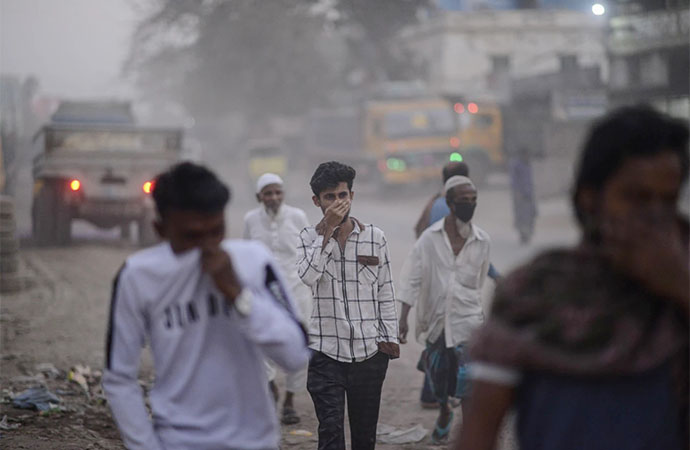
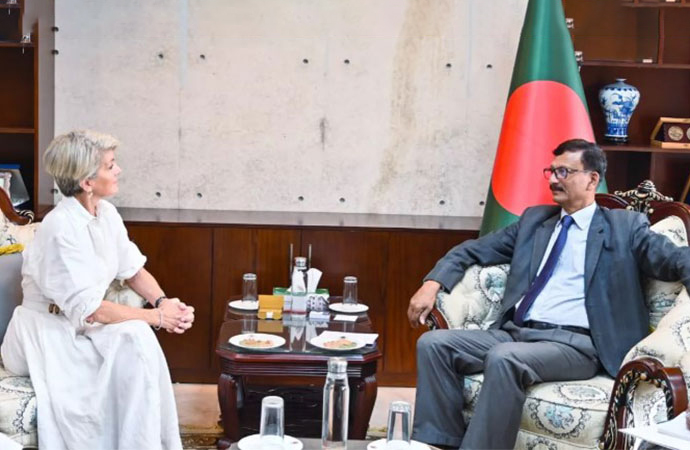

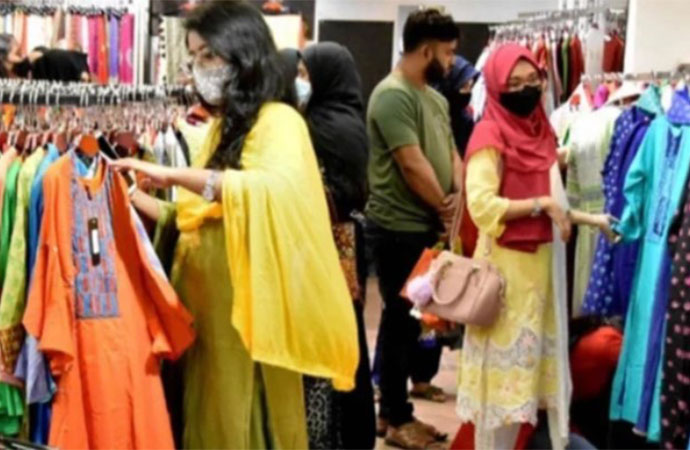







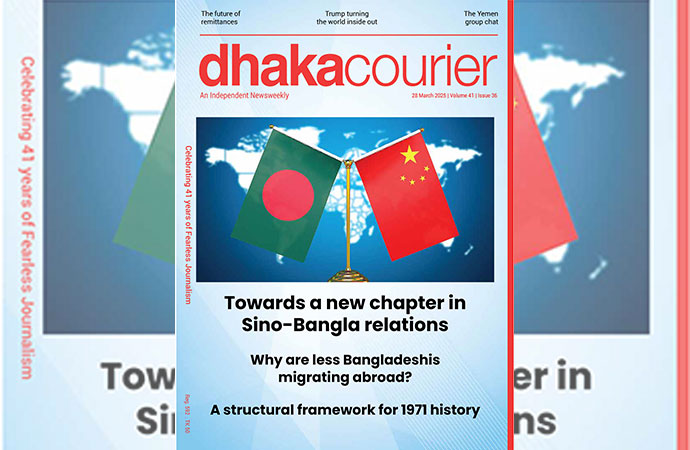
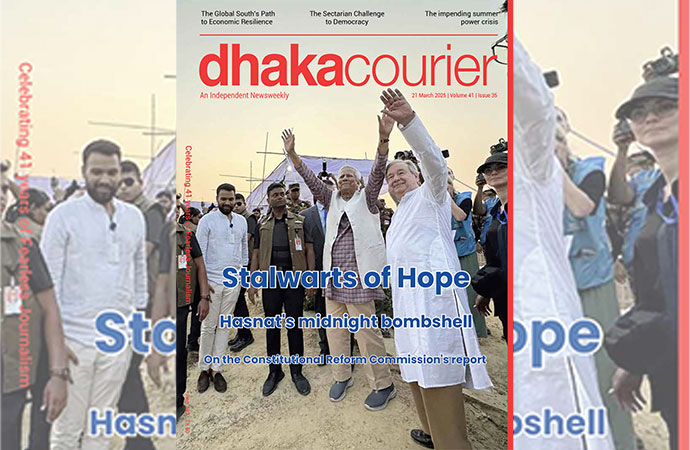
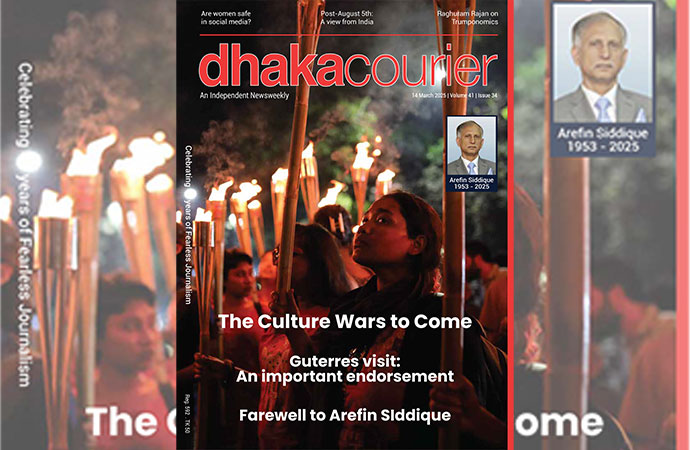
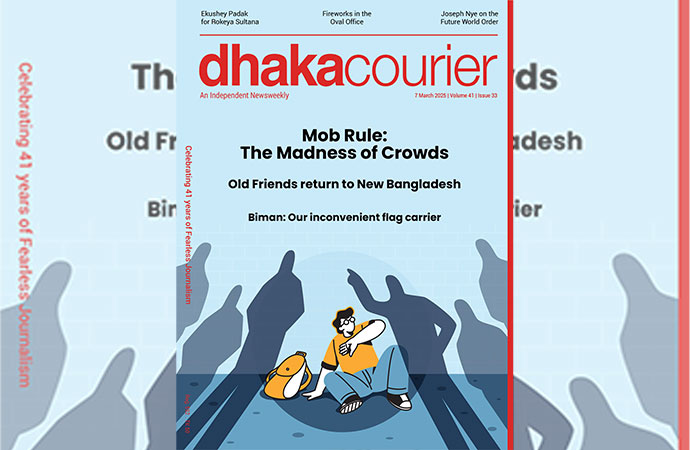


Leave a Comment
Recent Posts
Appetite for Disruption
The 2nd of April, 2025 will certainly go down as a historic date in th ...
Veteran Bollywood actor Manoj ...
Manoj Kumar, the renowned actor celebrated for his roles in patriotic ...
Worried families and search dogs bond during the lon ..
Shifting sands in the geopolitical scene
Dr Yunus' remarks on Northeast India made with good ..
Society collapses due to wealth, power concentration ..